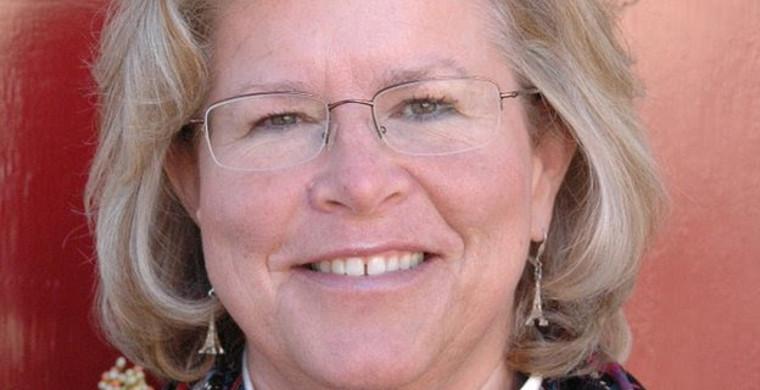Episcopal Church is mired in a "system of denial and helplessness" over alcohol abuse
Former Maryland Bishop Heather Cook showed no remorse for killing a cyclist
By David W. Virtue, DD
www.virtueonline.org
March 23, 2018
The Episcopal Church remains mired in a "system of denial and helplessness" over alcohol abuse among its senior clergy, an incriminatory commission has concluded.
A report commissioned by the Church's House of Bishops found the Church had done little to deal with the issue after Heather Elizabeth Cook, the first woman Episcopal Suffragan bishop of Maryland pled guilty to four criminal charges including drunk-driving and fleeing the scene, leaving a cyclist to die on the side of a road in a hit-in-run accident.
Cook was jailed for seven years after pleading guilty to the manslaughter of Tom Palermo, 41. She was found to have three times the legal blood-alcohol limit. She was denied early parole after a hearing in which she accepted no responsibility for the death of the software engineer and father of two.
The 29-page report, commissioned by The Episcopal Church's bishops, examined a number of case studies and in almost every case found "the ecclesial structure and polity of our church proved to contribute negatively to the situation". The 11-member commission did not include anyone from the Maryland Diocese.
"Clericalism, a misunderstanding of hierarchy, the canonical autonomy of parishes and dioceses, and a polity that hinders the enforcement of expectations all contributed to inactivity by responsible persons and bodies," the report said.
"The commission has discovered that in many instances, church polity has impeded the ability of the church to intervene, assess and treat impaired people and care for the injured community."
The Cook case stunned TEC leaders when it emerged that she had previously been arrested for drunk driving and the bishop of Maryland, Eugene Taylor Sutton, said he thought Cook was drunk at a dinner held two days before her consecration as bishop and said he conveyed that information to then Presiding Bishop Katharine Jefferts Schori, who did nothing about it. Jefferts Schori, who had a pathological hatred of orthodox Episcopalians, might have seen yet another woman bishop elevated to the episcopacy as a further slap at orthodox Episcopalians. It backfired badly.
Following the case, the Church's House of Bishops condemned its "longstanding tolerance for the use of alcohol" that, it said, "contributed to its misuse and has undermined a climate of wholeness and holiness for all".
The report criticized the Church's failure to hold a central database to record the employment history and disciplinary profiles of clergy saying it has "no capacity for verification".
Some of the key ingredients of the failure to act when confronted by incapacitated clergy were a fear of exposure to liability, friendships between church officials, the autonomy of dioceses and a "culture of forgiveness."
These factors, in turn, worked "to obstruct transparency and accountability," the authors concluded, leading to the "crisis" faced by the national church in the Cook affair.
"There is no clarity about who should see background checks or read the self-report questionnaires. Once again, people who are not qualified to analyze the data are often in a position of making process and outcome determinations." It added systems would not create "the great culture shift" needed in the Church.
END














